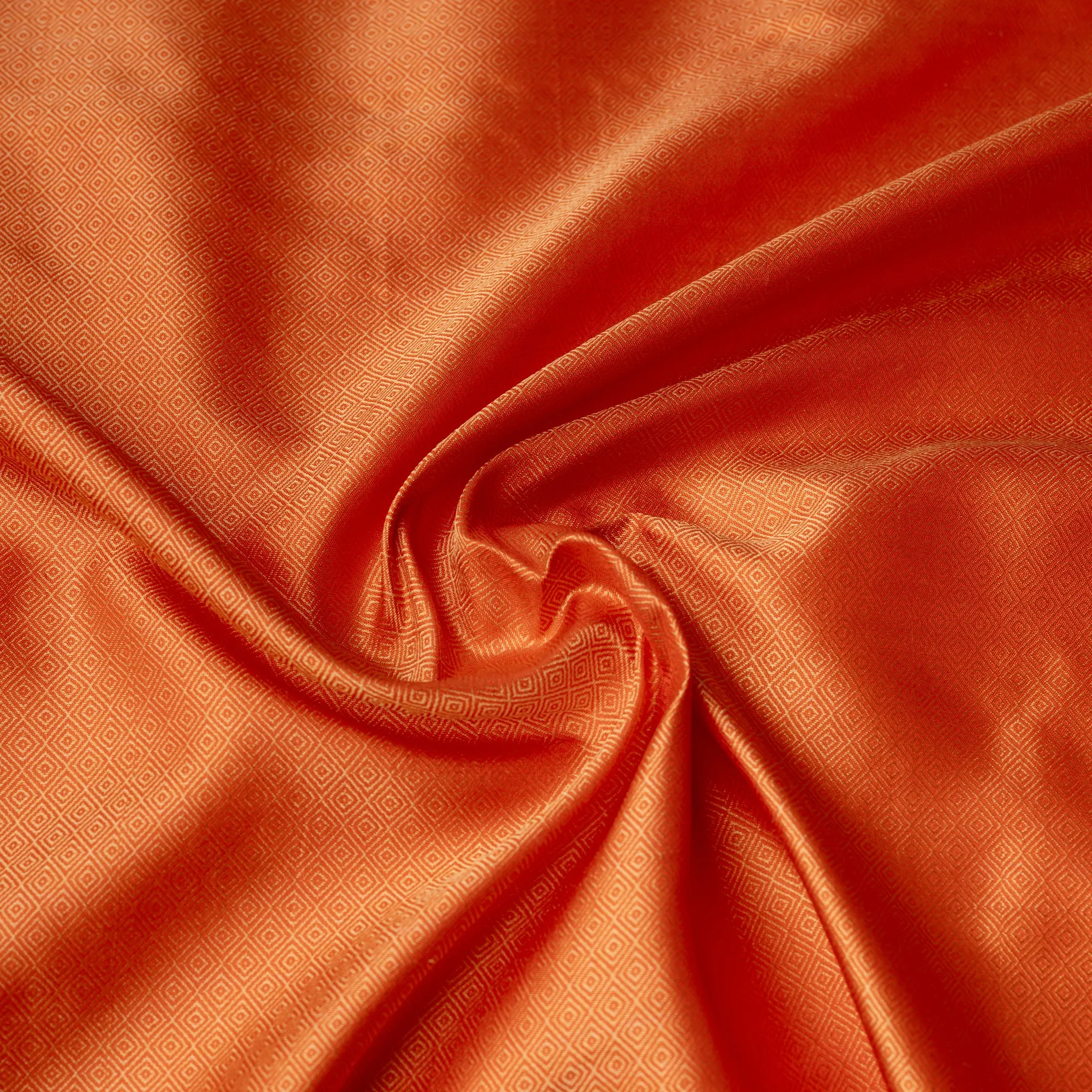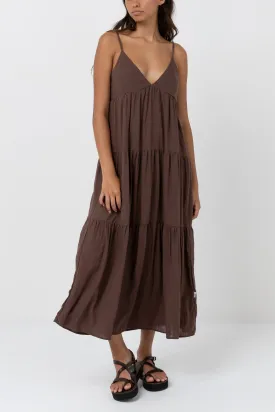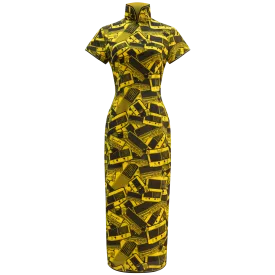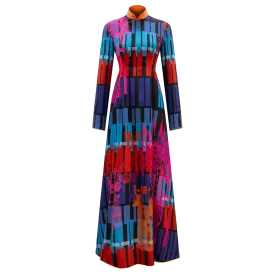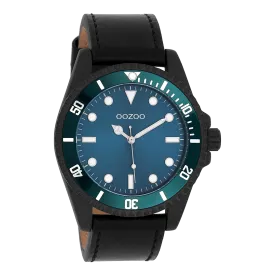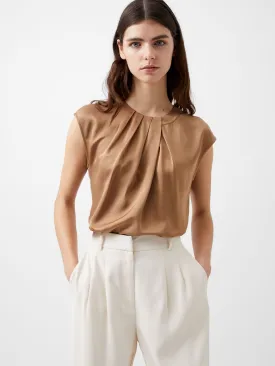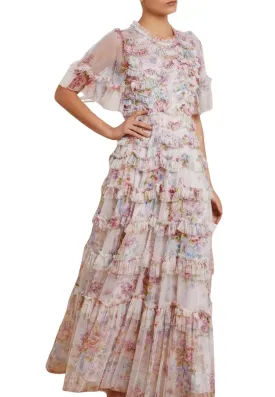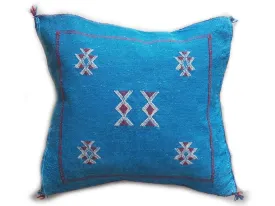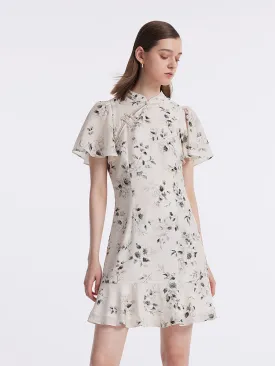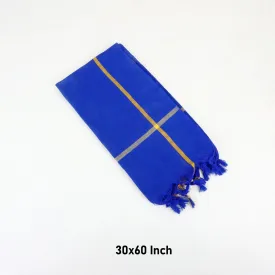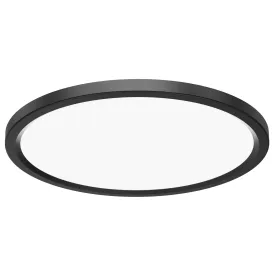Elegant handwoven diamond twill silk - a design that was hugely popular when the Vikings set out on trading and raiding expeditions to the Middle East from where it was brought back to Scandinavia. The Oseberg burial site, as an example, is believed to contain fragments of this particular design. The pattern has not been printed - it has been created through weaving by hand, just as in the original Viking Age fabric.
Use it to accentuate your clothing as lining, or through sewing on stripes, both of which were common in the Viking Age. The pieces should be no wider than 2 cm (0.8") to keep the look authentic. You can also make an entire piece in silk, which would be the mark of a truly successful individual.
- Material: 100% handwoven silk
- Color: Orange and Gold
- Width: 100 cm (39.5 inches)
- Price is per 0.5 meter (20 inches).
- Each bought unit is 0.5 m (20"). Buy two units to get 1 m (40") etc.
- Recommend hand washing in cold water without detergent. No dry cleaning. Let self dry.
Silk was brought back to Viking Age Scandinavia through raids or trading, and it is mainly found in high status graves in Scandinavia dating to the 9th and 10th Centuries. Silk is also mentioned in sagas, where it is referred to as a sign of high social status. It is something a successful warrior, merchant or ruler would have made sure to wear. The largest concentration of silk finds are in Birka, Sweden where 49 graves contained silk. 100 fragments of different silk fabrics were also found in the single grave of Oseberg. Silk was usually worn in narrow 2 cm wide stripes, that were used for lining edges and hems, and to decorate clothing.
Here is a good academic report on the Viking Age silk trade:




